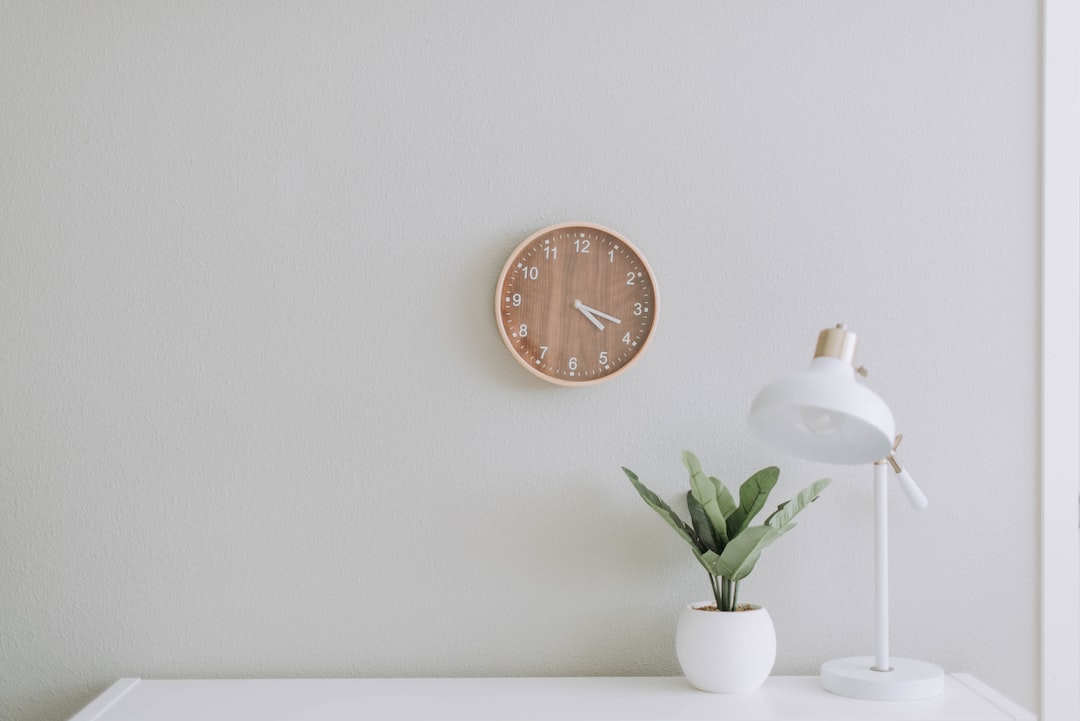Preserving Memories: The Importance of Hiring a Professional Wedding Photographer
Your wedding day is one of the most important and memorable moments in your life. It is a day filled with love, joy, and happiness, and you want to make sure that these beautiful memories are captured forever. This is where professional wedding photography comes into play. Hiring a skilled photographer who specializes in wedding photography is crucial to ensure that every precious moment is captured just as you remember it.
A professional wedding photographer is not just someone with a high-end camera; they are storytellers who capture the emotions and essence of your special day. They have the experience and expertise to navigate through the chaos of a wedding and know how to capture those candid, intimate moments that make your day unique. From the exchange of vows to the first dance, a professional photographer will be there to document every single moment, providing you with a treasure trove of memories that will last a lifetime.
When it comes to wedding photography, it’s crucial to understand the difference between hiring a professional and relying on a friend or family member with a camera. While it may seem tempting to save some money by asking a loved one to take pictures, only a professional possesses the technical skills and knowledge to capture the best shots in any lighting situation. They know how to play with composition, lighting, and angles to deliver stunning visuals that truly reflect the atmosphere and emotions of your wedding day.
Additionally, a professional wedding photographer brings with them professional-grade equipment, ensuring the highest quality images. These cameras and lenses are specifically designed to capture the most vibrant colors, detailed shots, and exceptional clarity. So, no matter how large you want to print your photos or how many times you want to relive your memories online, the images captured by a professional will retain their stunning visual quality.
Furthermore, a professional wedding photographer has a keen eye for detail. They know how to capture the intricate details that make your wedding unique, such as the floral arrangements, wedding decorations, and the little moments that tell your love story. These images will become precious keepsakes that you can cherish, share with your loved ones, and pass down through generations.
In conclusion, hiring a professional wedding photographer is an investment that you will never regret. Their expertise, technical skills, and ability to capture the most precious moments will provide you with a lifelong treasure of memories. The vivid and stunning images they create will make you feel the emotions of your special day every time you look at them. So, when planning your wedding, remember the importance of wedding photography and make sure to hire a professional who can preserve your memories in the most beautiful way possible.
For more information visit:
The Wedding Records
https://www.theweddingrecords.com/
London, United Kingdom
Welcome to The Wedding Records, your ultimate destination for capturing the magic of love and commitment. As a seasoned team of photographers and videographers, we bring over a decade of experience, armed with the essential skills and cutting-edge equipment to beautifully document the unique moments of your special day.
Having witnessed and immortalized over a thousand weddings both in the UK and internationally, we understand the art of crafting timeless memories. Beyond our technical expertise, what sets us apart is our commitment to building genuine connections. We go beyond being your photographers; we become friends, fostering a relationship of love and trust. Our goal is to make you feel at home, ensuring every frame reflects the warmth, joy, and beauty of your love story.
At The Wedding Records, we don’t just capture moments; we craft stories that last a lifetime. Join us on this enchanting journey where every frame tells a tale of love, laughter, and the beginning of your happily ever after. Let’s create memories together.












